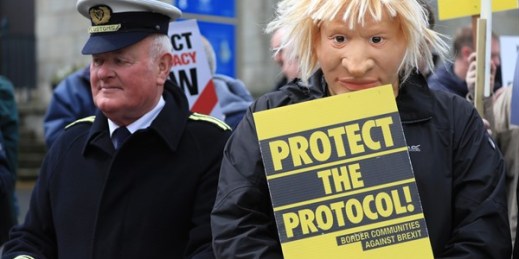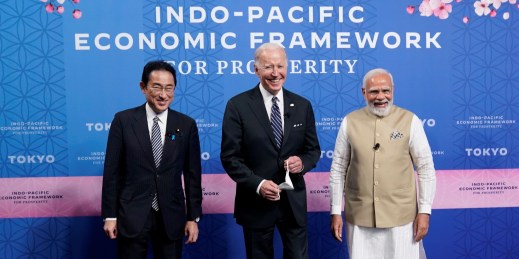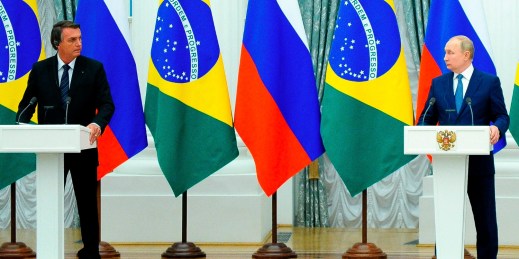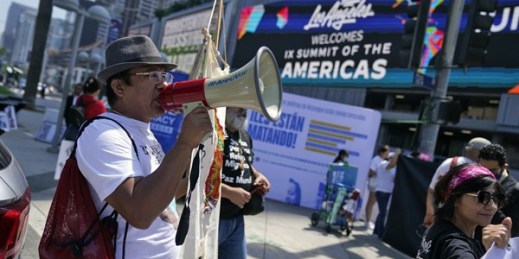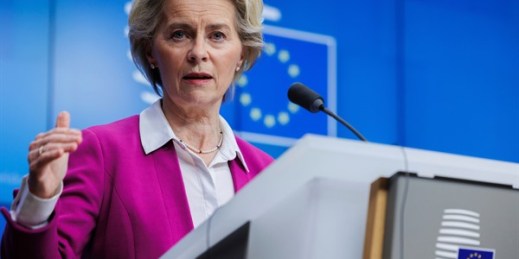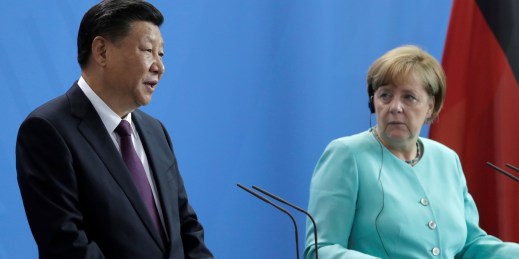
In the immediate aftermath of Russia’s invasion of Ukraine, a once-hesitant Germany was shocked into reorienting its national security posture. In response to Moscow’s aggression, Chancellor Olaf Scholz proceeded to announce the creation of a 100-billion-euro supplemental fund for the German military, halt the approval of the Nord Stream 2 natural gas pipeline and support international sanctions and energy embargoes against Russia. This same sensibility, in which crisis and opportunity converge, has also reinvigorated the long-standing debate in Germany over the country’s dependence on trade with China. Various factions within the Ampelkoalition, or the “traffic light coalition” government made up of […]

